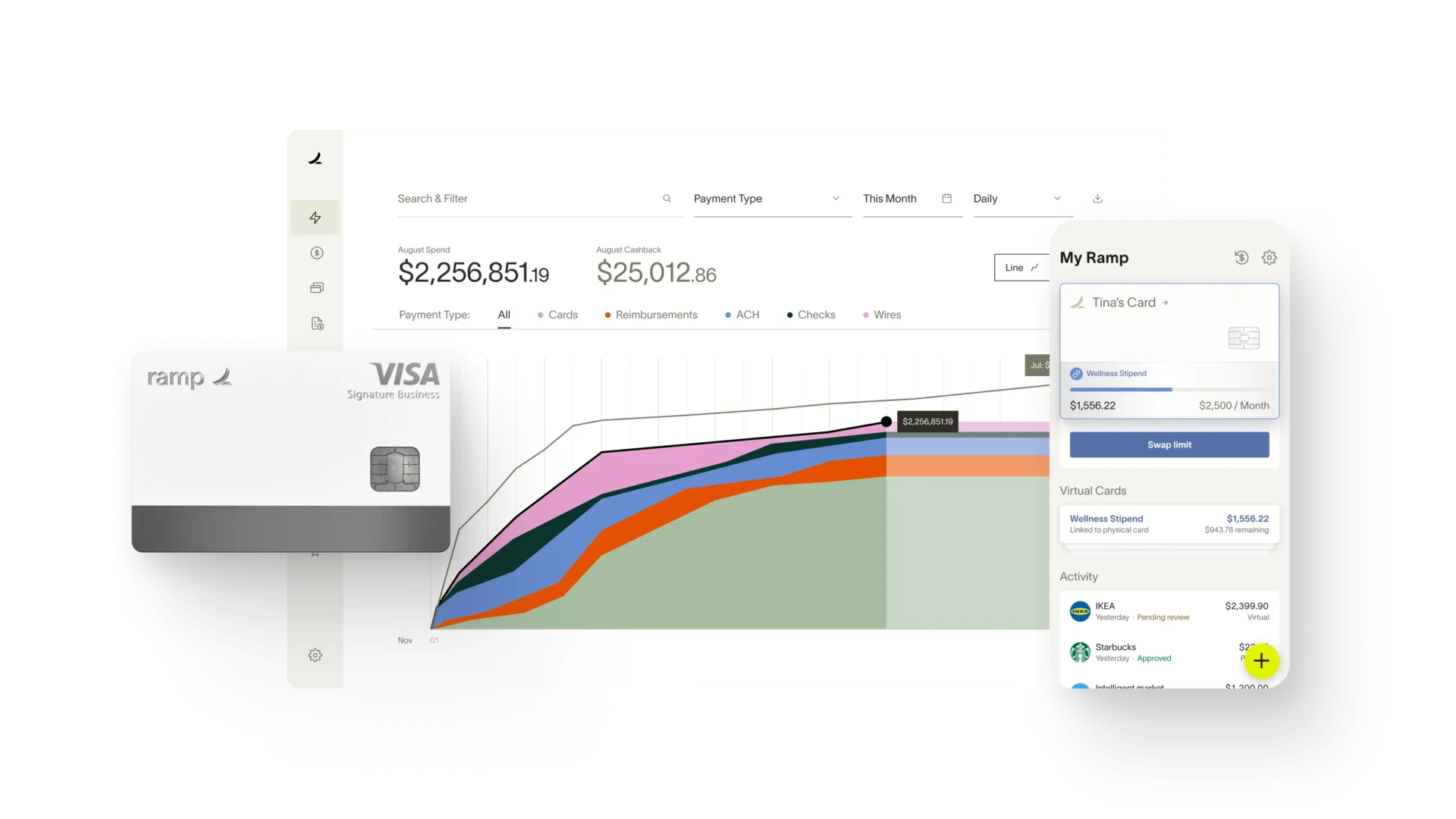

straight to your inbox
In the world of legal operations, expense tracking can often feel like a daunting task. For a sector that's universally recognized for due diligence and meticulous record-keeping, effective expense tracking is more than a matter of organization – it's a strategic linchpin for profitability. Legal professionals, office managers, and law firm administrators can attest to the nitty-gritty of monitoring expenses. In this guide, we underscore the essential steps to take in order to establish an efficient expense tracking system, one that befits the precision and rigor of your industry.
Introduction: The Financial Backbone of Your Legal Firm
A well-oiled legal firm understands that meticulous expense tracking is not just about recouping costs and balancing figures. It's about understanding the financial rhythm that underpins every case, every lawsuit, every interaction. Efficient tracking enables firms to allocate resources optimally, make strategic financial decisions, and ensure clients are fairly billed. It is, in essence, the financial backbone that supports all the professional largesse that dedicated legal teams undertake.
Step 1: Assess Your Current Expense Management System
Before you can take steps to improve, you must first know where you stand. Begin by evaluating your existing expense management processes. Are there bottlenecks that slow down the approval of expenses? Is it difficult to report on certain types of expenses? Identify these pain points to address them effectively.
Recognizing Inefficiencies
Ask the following questions to get a clear picture:
- Are expenses being tracked in real-time, or is there a lag that might result in inaccuracies and lost receipts?
- How many steps are there in the approval process for an expense report, and is each step necessary?
- Do you have a reliable way to ensure cost control and prevent unnecessary spending?
Step 2: Research and Select Expense Tracking Software
Modern problems require modern solutions, and in the legal realm, the right software can revolutionize the way expenses are handled. Research the various expense tracking software available, considering features that cater to the intricacies of legal expense management.
Key Software Features to Look For
- Integration with accounting software to streamline the reporting process
- Customizable approval workflows to mimic the firm's hierarchy
- Mobile capabilities for lawyers who spend a significant portion of their time away from the office
Step 3: Set Up Your Expense Tracking System
Once you've selected the software that fits your needs, it's time to set it up. This step is crucial as it will define how accurately expenses can be tracked. Customization is key here, aligning the software with the unique needs of your firm.
Customization Tips
- Define specific expense categories that are relevant to your legal services (e.g., court fees, research, travel)
- Establish clear cost centers or case/project numbers to tie expenses to specific client work
- Ensure that you have a comprehensive tax tracking system within your expense software in order to effortlessly file tax deductions
Step 4: Train Your Team on Using the Software
An expense tracking system is only as good as the personnel using it. Comprehensive training is necessary to ensure that your team can navigate the system with ease and report expenses accurately and effectively.
Training Best Practices
- Offer in-person and virtual training sessions to accommodate different learning styles
- Prepare FAQ sheets and tutorials for reference
- Enlist a group of 'power users' who can provide guidance and support to their colleagues
Step 5: Implement Best Practices for Expense Tracking
Having the software and knowing how to use it is only the beginning. The firm’s culture of handling expenses and the policies that guide it are equally influential in shaping good practices.
Crafting Effective Expense Policies
- Have clear guidelines on what is reimbursable and what's not
- Specify documentation requirements, such as the need for receipts
- Ensure the policy is fair and in compliance with the governing bodies within the legal field
Step 6: Monitor and Review Expense Data
Tracking expenses is an ongoing process, not a one-time setup. Regular monitoring and review ensure that the system remains effective and that financial decisions are backed by current and accurate data.
Analyzing Expense Reports
- Set up periodic reviews with partners or expense committees to identify trends
- Use the data to inform budgeting for upcoming cases or projects
- Implement strategies to control costs and maximize profitability
Embarking on the journey to refine your expense tracking system is a step toward greater operational efficiency. It solidifies your legal firm's commitment to meticulousness, accuracy, and fiscal prudence. As the legal landscape continues to evolve, utilizing innovative tracking solutions not only keeps you in stride with modern business practices, but it also equips you with the financial agility to tackle challenges and harness opportunities.
Expenses may seem like mere transactions, but they weave the intricate narrative of your firm’s financial health. By embedding these proven steps into your expense management strategy, you're not just tracking costs – you're constructing a narrative of savvy financial management that sets your legal firm apart.
Optimize your expense management system today, and watch as each meticulously tracked transaction unveils new pathways to profitability and growth. In the legal world, where every detail carries weight, an efficient expense tracking system is not just a luxury – it's a requisite for sustained success.










